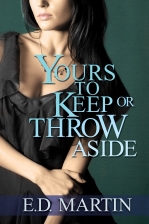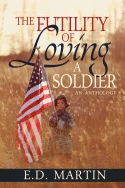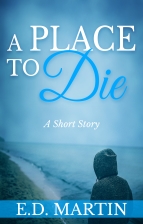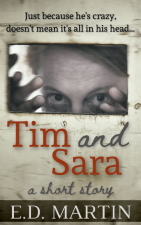As my official bio says, “she draws on her experiences to tell the stories of those around her, with a generous heaping of ‘what if’ thrown in.” And of course that means I have to have experiences to draw on.
That means holding different jobs, talking to random people (which is sometimes hard for an introvert like myself), living in different parts of the country, traveling wherever and whenever I can, and embarking on whatever adventures I can just for the sake of why not.
My next major trip will be to India shortly after Christmas, where I’ll take a three-week class on working with international nonprofits to help the poor, eat lots of delicious food, and attempt to sneak over to Sri Lanka without getting in too much trouble.
In preparation for this trip, as well as satisfying basic curiosity and using the experience for a class paper, I attended a Diwali festival at a local Hindu temple.
Wow.
My diversity class talks a lot about the concept of privilege, about how it’s generally unconscious for the privileged person. And while I know that on an academic level, it’s hard to divorce yourself from that concept completely, because wherever I go, I always take privilege with me. I know I’ll always be served in restaurants, and I won’t be harassed by cops (except at immigration in Canada, when I’m trying to go against my privilege), and even if I stick out I’ll always fit in, because I’m part of the dominant culture/power. It’s just a given.
Until Sunday, at the Diwali festival, when I was one of five white people and two hundred plus Hindus/Indians, all speaking languages I didn’t know, having a great time, ignoring me completely based solely on the color of my skin, even though their priest had specifically invited me to their event, because they had no need for me, nothing I could offer them or hold over them because of my privilege.
I felt uncomfortable. Vulnerable. And it’s not something I can remember feeling before, in this context.
It was powerful. Empathic. Something I want to use in my stories, to help my marginalized characters come alive.
And I’m really glad I went.











